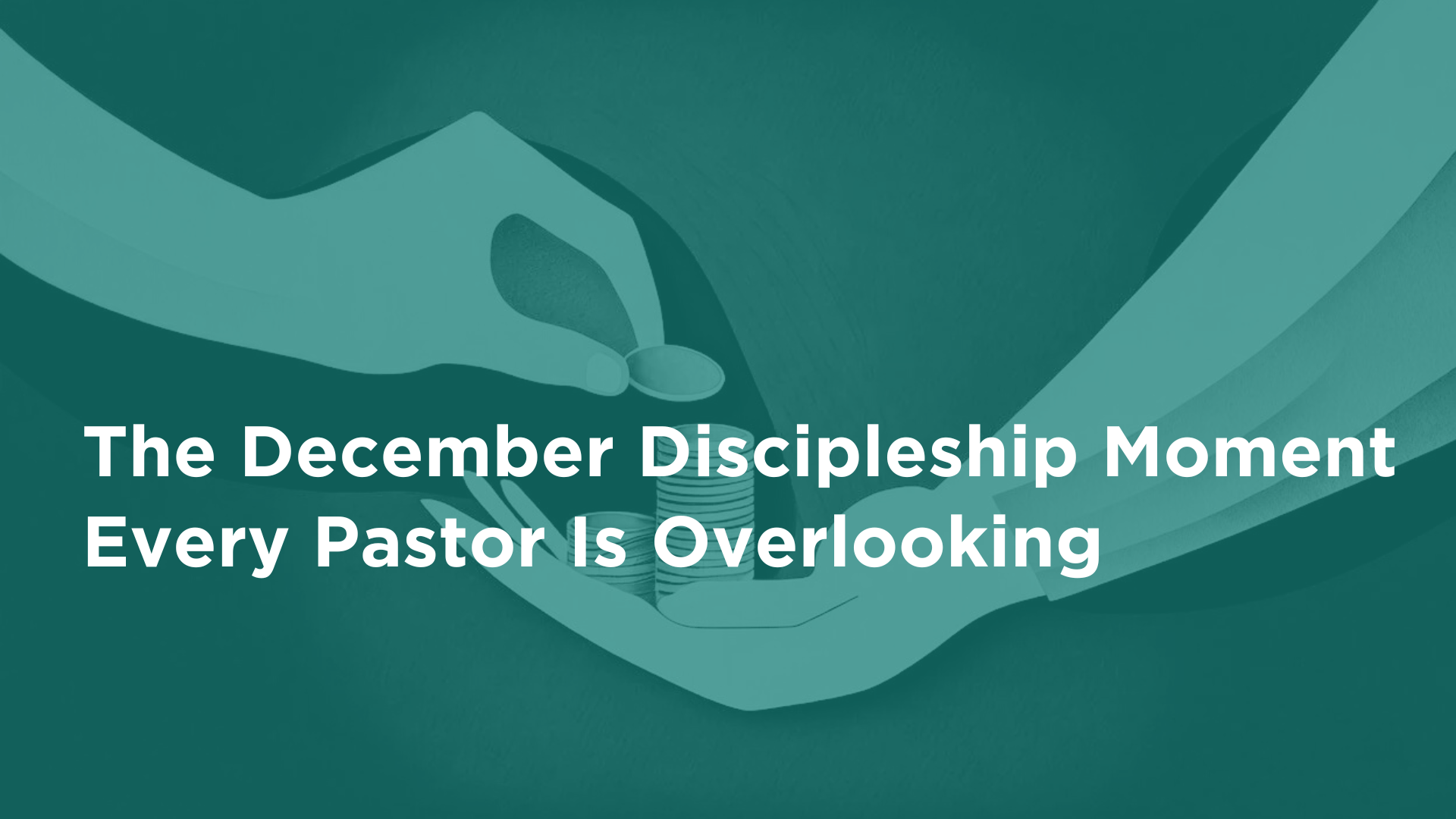Top 10 pieces of Advice for Boards in Succession Plans
Wait.... Make that 12!
Most readers know that 90% of my work is in Senior Pastor Succession for large churches. I have a holistic, systematic process where I help pastors, their family, the board, the staff, and the congregation through these critical seasons of the congregation’s life.
Trust is Built One Deposit at a Time
I have counseled over 200, listened to over 400 successors, and worked under contract with over 50 with great success.
Last year, a board chair, in the midst of this season, asked for a sanity check for themselves and the board. This is what I wrote to them.
See the ad at the bottom to learn more about my process and some free resources.
Note: Different churches have different roles for the Board. In some cases, they are charged with the whole search and election. In others, they delegate various tasks to other groups.
Consider this general advice during the whole season.
1. Don’t Panic – Remain calm.
The more the board freaks out, the more everyone else will freak out.
2. Pray, work, and encourage revival.
Renewal and good momentum can come from transitions and succession when we do them well.
a. Ask people to pray for it.
b. Give them tasks the point them that way.
c. Don’t let folks sit and be idle.
3. Task a special prayer team just for the board OR have each member ask two or three prayer partners to come alongside this season.
Not trying to over-spiritualize things, but it is often a neglected resource.
4. Communicate always – “We will get through this to our next season.”
Let the congregation know what is happening. Do not mislead. Keep them updated.
5. Fit your process to the situation, adjusting as necessary.
- The way it was done last time may be misaligned with where the church is now.
- Even in a well-planned air flight, the route has to change to move around particular weather.
- Sometimes, your denominational tradition is designed for small churches, not your size.
6. Be as generous as possible.
- With departing leaders.
- With upset congregants – give them the benefit of the doubt.
7. In most cases – delegate to appropriate task groups and get reports.
8. Lean into process exercises to get issues on the table early.
9. Reduce the noise. Filter the cranks.
10. Watch the money. Reserves are best.
11. Don’t try to do more than two major initiatives simultaneously.
12. Decide who on staff MUST be kept through the season.
But sometimes, we incentivize people to stay on the bus.
This blog post originally appeared on Church Leader Insider. For more information or to subscribe to Church Leader Insider, click HERE.
Share this
You May Also Like
These Related Stories

Four Things Pastors Fear in a Generosity Initiative (and How You Can Overcome Them)

The December Discipleship Moment Every Pastor Is Overlooking


No Comments Yet
Let us know what you think